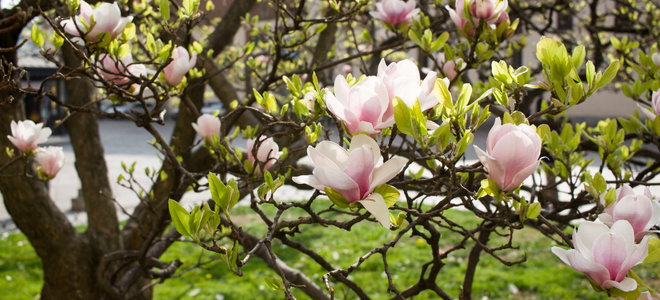Hi, I’m having problems with my magnolias. I’ve lost 3 and fear losing a couple more if I don’t do something. I have the plants as a screen along the back fence behind a retaking wall made of reconstituted limestone. Some are thriving but some have died or are in the process. Recently fertilised with chook manure and mulched. Still no luck. Any advice greatly appreciated. Photos attached.
Attachments
-
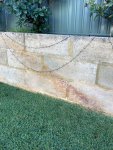 BD6541EB-EDA9-4F3F-9F32-238D9D8E2DD3.jpeg394.7 KB · Views: 50
BD6541EB-EDA9-4F3F-9F32-238D9D8E2DD3.jpeg394.7 KB · Views: 50 -
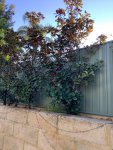 04FAA5AB-5C09-49DD-A6F1-A5BA7E125B6E.jpeg288.7 KB · Views: 48
04FAA5AB-5C09-49DD-A6F1-A5BA7E125B6E.jpeg288.7 KB · Views: 48 -
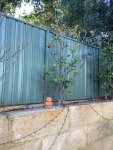 9B732F53-2D63-473F-8544-1AFB191F1451.jpeg339.7 KB · Views: 51
9B732F53-2D63-473F-8544-1AFB191F1451.jpeg339.7 KB · Views: 51 -
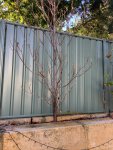 CA01E010-A0FC-4257-A435-AFD8D435C506.jpeg283.6 KB · Views: 56
CA01E010-A0FC-4257-A435-AFD8D435C506.jpeg283.6 KB · Views: 56 -
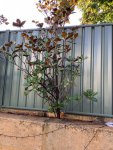 EF786AF2-068B-44C6-A44D-8CD65D70E939.jpeg296.1 KB · Views: 53
EF786AF2-068B-44C6-A44D-8CD65D70E939.jpeg296.1 KB · Views: 53



